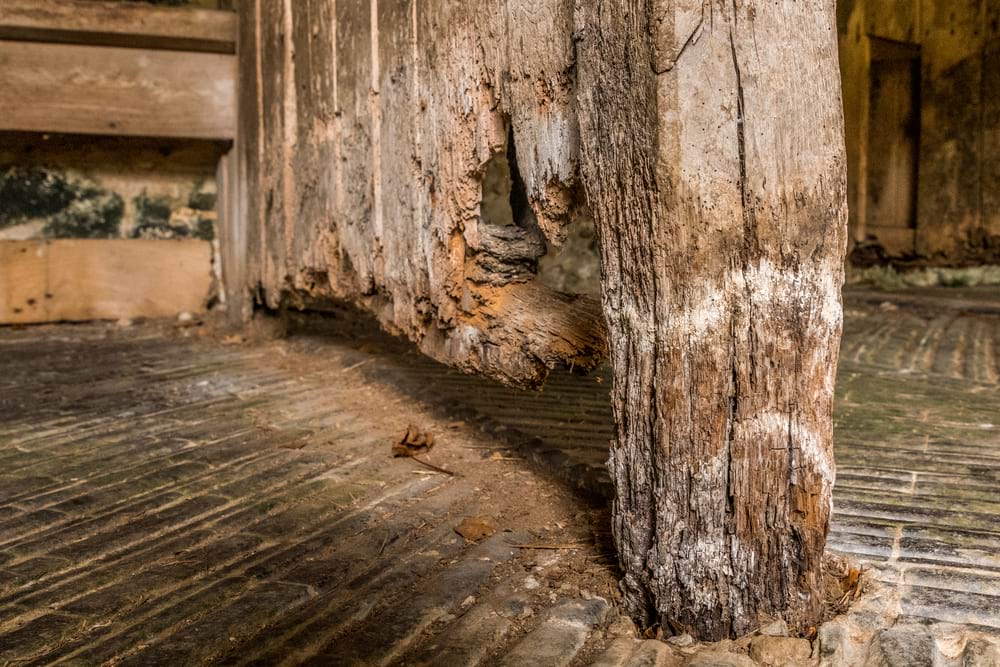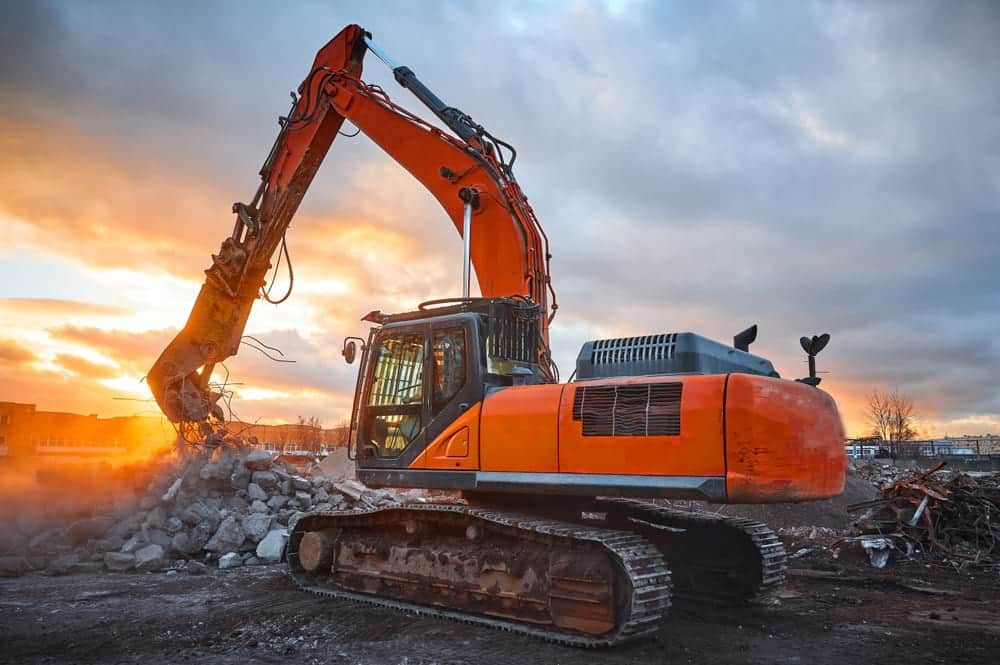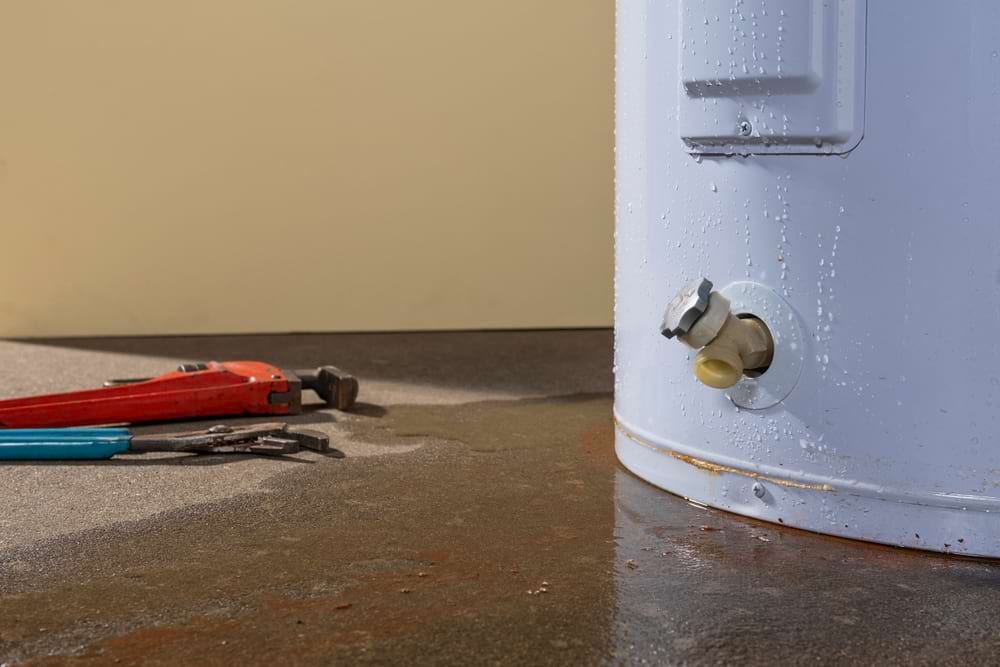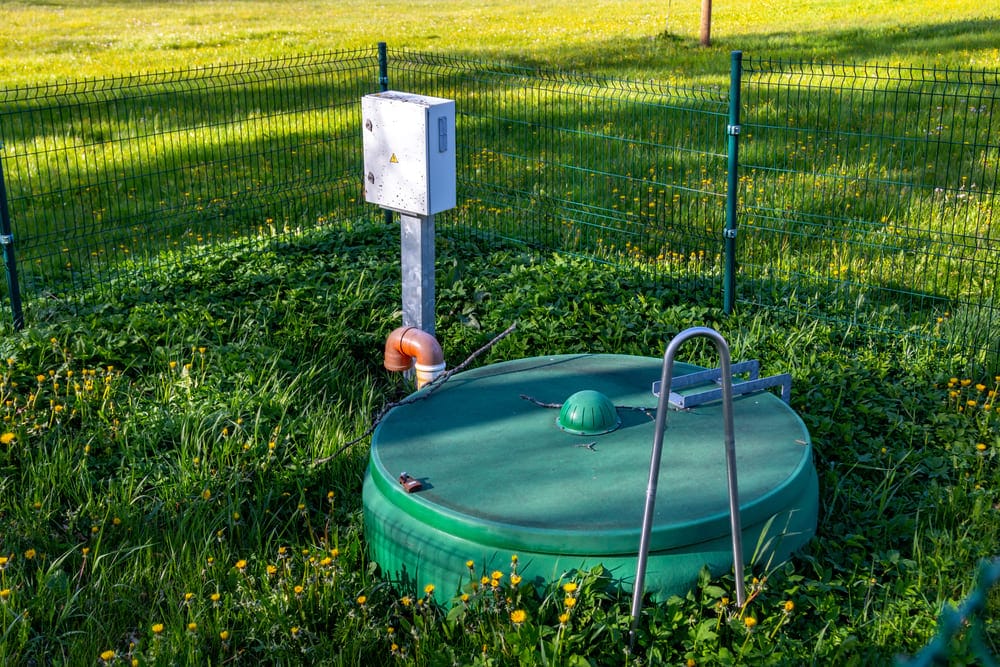Working out how much your property is worth can be difficult.
A desktop property valuation offers a quicker and more affordable way to do it.
But how reliable are they?
Read on to find out.
What is a desktop property valuation?
A desktop property valuation is an estimate of property value made without inspecting it.
(It’s sometimes also known as a desktop appraisal or drive-by valuation.)
It’s a judgement based on:
- Comparable property sales and area
- Demographics
- Local market conditions
- Basic details available for the property (floor plans, number of bedrooms, etc.)
- Photos.
No surveyor enters the property and no detailed report is created.
A desktop valuation is useful for potential sellers and buyers when they are in the consideration stage for selling.
Who does a desktop property valuation?
Estate agents or surveying firms usually carry out desktop valuations.
Banks and building societies may order them when approving mortgages.
Solicitors often recommend homeowners get a desktop valuation when selling. This helps to guide the asking price. They can also be helpful for inheritance tax planning.
Some property websites offer instant, free, automated desktop valuations. Homeowners usually just need to enter their property’s postcode.
The same is true of most cash buying companies and auction houses.
How accurate is a desktop property valuation?
The accuracy of a desktop valuation can vary. But in general it’s less accurate that regular valuations.
Without inspecting the property, the valuer cannot assess its exact condition. They may miss defects that affect value.
Desktop valuations often land within 10% of their actual value. Some factors aren’t taken into account, which may skew the results. For example unusual features, renovations, property disputes, etc.
As such, desktop valuations give a reasonable ballpark figure. But should not be relied upon when selling or buying.
How much does a desktop property valuation cost?
Costs for a desktop valuation are around £100 – £250.
This includes VAT from an estate agent or surveyor. Some may offer discounts when combined with other services like selling the home.
Large surveying firms tend to charge at the higher end. At the same time, online instant valuations are free but less thorough.
The limited work involved means desktop valuations are far cheaper than physical valuations.
These cost £200-£500 for an introductory RICS survey. But, desktop reports contain fewer details and photos compared to full valuations.
Advantages of a desktop property valuation
Quick and affordable
Desktop property valuations are a quick and affordable way to estimate property value.
There’s also no need to grant access or be present for the valuation.
Suitable for tax planning and probate
The valuation provides a valuable guide price when selling or remortgaging.
And it’s suitable for inheritance tax planning and probate purposes.
Repeatable
The low cost means it can repeat at various points, for example, before and after renovations.
Helpful for deciding on whether to move or not
Moving house can be stressful and expensive.
There’s a lot to do and think about about, even in the early stages. Properties need to be marketed and viewings must be hosted.
So, desktop valuations give homeowners a good idea of how to time their move.
Disadvantages of a desktop property valuation
Less accurate
It is less accurate than a physical valuation and only provides a ballpark figure. It also does not assess the internal condition of the property.
May overlook issues
These valuations can overlook red flag issues like subsidence, dampness, or flood risk. Local knowledge may be lacking compared to that of a local surveyor.
Risk
Collectively, the above two points can lead to more risk for homeowners.
There’s a risk that homeowners will decide to move with their expectations too high. Or that they will decide not to move because their expectations were (incorrectly) too low.
There’s also a risk that dishonest companies will mislead homeowners. Their desktop valuations could be intentionally inaccurate. They will then buy the property and sell it for profit themselves.




















